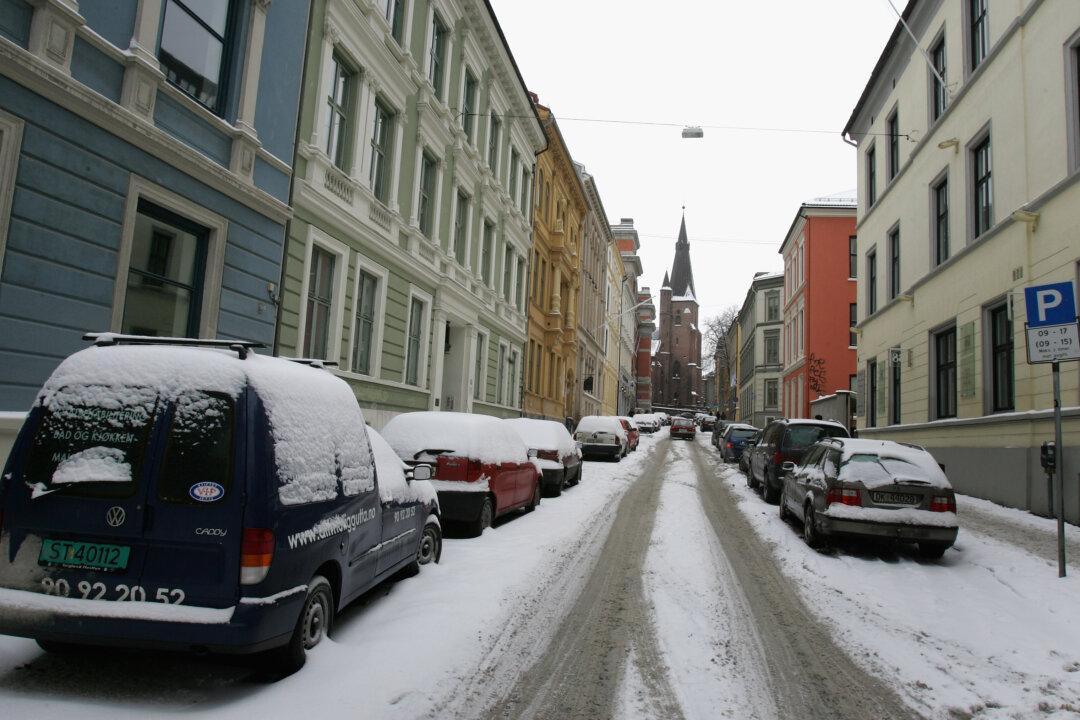The newly elected leftist City Council of Oslo, Norway, plans to ban automobiles from the city center by 2019 to clamp down on pollution, in what will likely mark the first permanent restriction on cars in a European capital.
To boost alternative means of transportation, the city will build 38 new miles of bicycle lanes and raise investment in public transportation. At the end of 2014, there were around 2.5 million passenger vehicles in Norway, of which 350,000 are in Oslo.
Efforts to eliminate driving in major sectors of cities have sprouted across Europe. Milan has indefinite plans to gradually phase out cars from downtown, and Hamburg wants to make driving unnecessary in 40 percent of the city by 2034.
On Sept. 27 this year, Paris experimented with a “car-free” day across one-third of the city. Mayor Anne Hidalgo has stated that she wants to cut down the number of diesel vehicles in the city to zero by 2020 and make parts of the areas next to the Seine river car-free.
The idea of a car-free city has also found audiences in the United States and China, which has dabbled in a number of architectural and urban novelties in recent years.
In San Francisco earlier this month, the Municipal Transportation Agency considered banning cars on a single street near Union Square, not out of a comprehensive plan to ban cars but as an ad hoc solution to congestion.
Oslo City Council has not released a plan on how it will replace cars as a means of transportation in the city center, but a number of different solutions have been explored elsewhere.
Urban planners in Helsinki, Finland, want to keep the number of cars in the city constant while the population grows with a combination of denser zoning and building new residential suburbs along public transportation stations. In Copenhagen, Denmark, long home to a thriving biking culture where car-free zones have existed since the 1960s, 290 miles of biking “superhighways” are being constructed, of which a little under half will be completed by 2018.
Norway has been a leader in automobile-related environmental efforts. In May, the government had to cut back on its generous benefits for owners of electric cars—steep tax rewards, exemption from tolls, and the freedom to drive in bus lanes—because too many people were buying them, making the program unaffordable.





